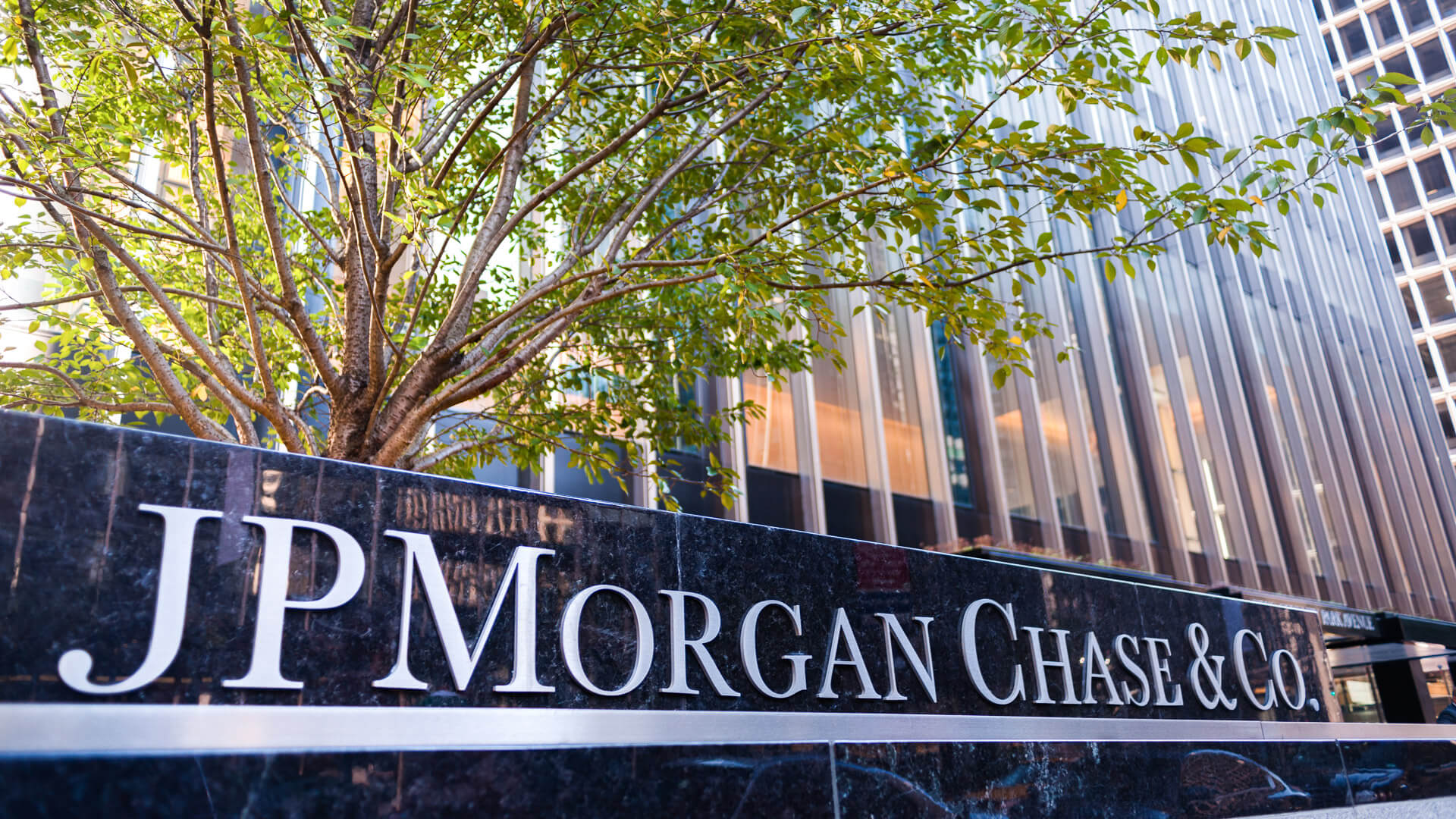
JPMorgan Chase CEO Jamie Dimon is one of the most respected figures in the financial services industry. When he gives his opinion on the markets and the economy, it’s not just investors who listen, it’s also business leaders and government officials.
Learn More: 4 Mistakes the Upper Middle Class Are Making With Their Money in the Trump Economy
Consider This: 7 Tax Loopholes the Rich Use To Pay Less and Build More Wealth
But even for a captain of industry like Dimon, it can be hard to forecast the future. Not too long ago, in early June, Dimon suggested that the “soft landing” many are hoping for was in jeopardy. Dimon went so far as to say, “I think there’s a chance real numbers will deteriorate soon,” referring to factors such as economic growth and consumer spending.
But now, Dimon seems to be getting more optimistic on the economy. So, what is the JPMorgan Chase CEO saying now, and what are his reasons? More importantly, is he right?
Dimon’s Change of Heart
The U.S. economy has remained surprisingly resilient in 2025, in spite of Dimon’s concerns earlier in the year. But he also feels like the recent legislation passed by President Donald Trump’s administration will provide additional tailwinds for the economy and the stock market.
Specifically, in an interview with Fox Business, he mentioned the broad tax changes implemented by the “Big, Beautiful Bill.” He’s also cautiously optimistic and hopeful that the Fed will eventually cut interest rates in 2025, which will provide a further boost to the economy.
On a cautionary note, in the same interview, Dimon pointed out that there are definite economic challenges ahead, including “tariffs and trade uncertainty, worsening geopolitical conditions, high fiscal deficits and elevated asset prices.”
Dimon also concedes that economic forecasting is inherently difficult. As Dimon admits, “Our forecasting of the future is very complex. You probably heard me say that sometimes it’s a complete waste of time. Most people cannot really pick inflection points,” he explained. Yet, as an outspoken financial leader who needs to have an opinion about the economy and markets, Dimon isn’t afraid to offer his opinions.
Read Next: Trump Isn’t Ruling Out a Recession This Year — What Could That Mean for Your Wallet?
Does the Data Support Dimon’s Outlook?
The jury is really out in terms of how the economy and the stock market will perform in the second half of 2025. As Dimon pointed out, there’s a confusing array of contradictory data out there, some which supports a growing economy and stock market and some that suggest a downturn is ahead. Which data set has the upper hand is hard for even the experts to predict.
On the one hand, high interest rates, low home affordability, high stock market multiples and increasing debt delinquencies all spell trouble ahead. On the other, the potential for Fed rate cuts, the ongoing resilience of the economy in light of inflationary and interest-rate pressures, and potential deregulation due to the current administration’s policies could all keep the economic engine churning.
How Should Investors React?
If even professionals like Jamie Dimon admit it’s hard to forecast the economy with certainty, it means individual investors shouldn’t make bets based on potential outlooks, as well. While some fear a recession in 2025 or 2026, some of those same economists were worried about a recession in 2024, too. Similarly, while the stock market does seem richly priced, it has continued to make repeated new highs in 2025.
With all these crosscurrents pushing the economy and the market, it pays to have a long-term view. Ensure that your portfolio is in line with your investment objectives and risk tolerance. It’s entirely possible that as bonds have sold off and the stock market has screamed higher in recent years, your portfolio is out of balance, potentially being stock-heavy.
It’s also possible that your stock portfolio has become heavily tilted towards technology stocks, as the so-called “Magnificent 7” stocks have massively outperformed the overall S&P 500 in recent years.
Regardless of the current or future economic condition, it’s always a good idea to stick with your investment plan, consistently saving and investing through both up and down markets. If recession and a down market strike, use it as an opportunity to pick up shares that are “on sale.” If markets continue higher, enjoy the profits and make sure your asset allocation doesn’t get out of balance.
More From GOBankingRates
- 3 Luxury SUVs That Will Have Massive Price Drops in Summer 2025
- 4 Things You Should Do if You Want To Retire Early
- 10 Used Cars That Will Last Longer Than the Average New Vehicle
- 9 Downsizing Tips for the Middle Class To Save on Monthly Expenses
This article originally appeared on GOBankingRates.com: JP Morgan CEO Says U.S. Economy Still Strong Despite Challenges — Is He Right?







